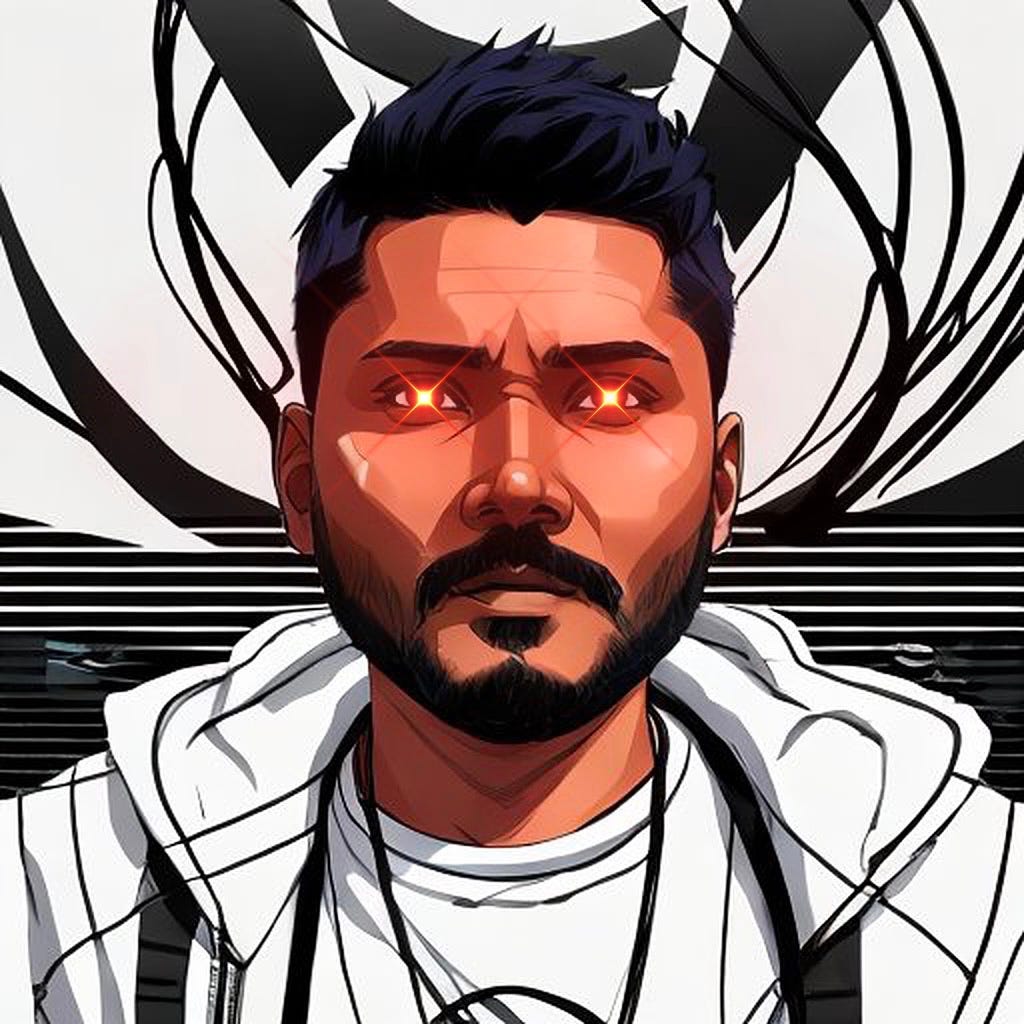The Resilient Evolution of the Journey of Womanhood
Unpacking the journey of womanhood, fears tied to change, while standing strong for the rights and experiences of biological women.
I recently came across a compelling tweet during my routine Twitter scroll:
"What is a Woman?" A woman was once considered property and, shockingly, still is in some countries. Not too long ago, women did not have the right to own land or even vote. It's curious that men didn't express a desire to pretend to be women then.
Being a woman extends far beyond merely being feminine. A woman is shaped, forged, and moulded by the tenacious lineage of the women before her. By nature, women are physically less strong than men. However, women generally exhibit gentleness, kindness, and nurturing instincts until a threat is posed to her children, or any child for that matter. The commencement of womanhood, marked by the first menstrual cycle, is often considered both embarrassing and quite painful. It's a rite of passage, and it should neither be mocked nor faked. Only a woman can bring forth new life.
It is often through this journey that one learns some of life's most valuable lessons are born out of significant suffering and pain. My grandmother, her mother before her, and my own mother were all embodiments of true womanhood. The concept isn't difficult to define. I Am A Woman."
To present an unbiased analysis, I've made a few grammatical and structural edits to the tweet to enhance clarity and flow. These changes, however, do not alter the core message of the tweet. The focus here is the content, not any inherent biases. For those interested in exploring the tweet in its original form, you can find it [here].
This tweet has resonated with many people, highlighting society's collective understanding of womanhood. It recognizes the historical and cultural significance of being a woman, tracing the lineage of resilient women. It acknowledges the physical disparities between sexes and emphasizes women's protective instincts. Above all, it emphasizes the intrinsic protective instincts of women and the journey of womanhood, from the onset of menstruation to the creation of life.
Recognizing deep-rooted beliefs about womanhood and potential resistance to changing these perspectives is crucial. Appreciating womanhood's nuanced nature, its evolution, and its biological, social, and evolutionary aspects is essential.
In the midst of vigorous debates and cultural clashes, it is important to clarify the ongoing discourse surrounding gender ideologies. The current landscape is witnessing a clash of ideas and values as different ideologies vie for prominence. Within this context, the defence of children must be clearly articulated. By defending children, we mean protecting them from choices or influences that could potentially cause irreparable harm. This pertains to safeguarding their physical, emotional, and psychological well-being, ensuring that they are not exposed to situations that may be detrimental to their development.
Sensitivity and readiness for dialogue are essential in promoting social inclusion and challenging established norms. It's important to recognize that social change can often be disconcerting for many, especially when it challenges instinctual and deep-rooted cultural and social beliefs. Navigating these discussions calls for empathy, respect, and a commitment to progress, not regress.
Transparent, calm, and rational dialogue is key to addressing concerns about inclusivity. Understanding that there might be valid arguments on both sides of the debate is crucial. Transparent and honest communication is key to finding common ground.
Respecting individual autonomy is crucial in our pursuit of an inclusive society, ensuring adults can lead authentic lives. Nevertheless, the well-being and safety of children should always take precedence. The latter must be prioritized when conflicts arise between adults' rights and children's welfare.
Previously, the tweet underscored not only the physical differences between men and women but also the distinctive roles and experiences associated with womanhood. It stressed that while women often embody gentleness and care, they can also exhibit formidable protective instincts, especially when the safety of their children or others is at stake. It celebrated unique aspects of womanhood, such as the initiation into womanhood marked by the first menstrual cycle and the singular ability to bring new life into the world. These deeply ingrained societal perceptions and experiences, which have been linked to biological womanhood for generations, explain why there might be resistance or sensitivity towards demands for change in the domain of gender identities.
Remember, biological women make up half of the world's population, with their partners constituting the other half. In discussing children's welfare, we are, in effect, discussing the future of families. Given this context, resistance to change is expected and understandable but should not hinder meaningful discussion.
I have said this before, and it begs to repeat again, transgender individuals, like everyone else, have unalienable rights. These rights are non-negotiable. At the same time, society has a responsibility to ensure the safety and well-being of children and families within it.
Women have the right to spaces that account for biological sex differences, including restrooms, locker rooms, shelters, prisons, and sports. These spaces acknowledge the physical differences between men and women.
Our aim is to build an inclusive and equitable society. This involves respecting individual autonomy, prioritizing children's welfare, upholding transgender rights, and safeguarding women's rights to spaces that consider biological sex. By approaching these discussions with sensitivity and a readiness to listen and engage, we can foster constructive dialogues leading to positive and meaningful change.
With understanding, empathy, and respect, we can continue to move our society forward in its perception and treatment of all genders. In my humble opinion, this is the way forward.







Women today are not of no use, an the ideas of male's. Who truly are not reality real men. Keep female's down an place foul disrespect towards them. Being the higher vessel is more than being a male. It takes correct mentality an form's of correct behavior. Real men have full control! An make things an situations so much better, we never abuse are positions period.
An the transgender, that's created in my opinion an birth defects are not there fault period. I was reading an it takes on going hormonal supplements to be given to create this after math defect along with other things.